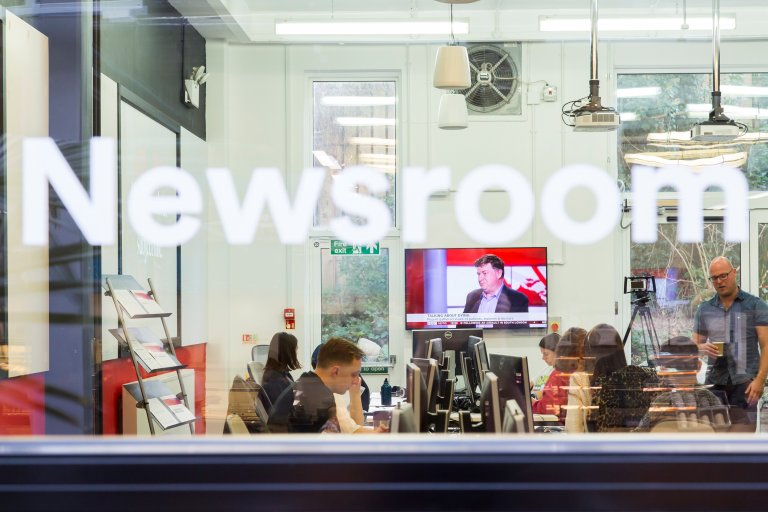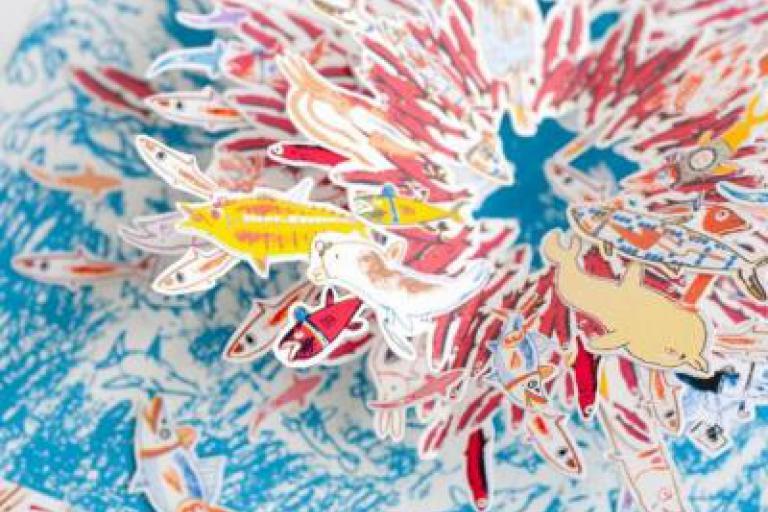Welcome to the Institute of Photography library page!
From here you can explore the key resources in each of the main fields of study. You'll also find research tips, as well as how to contact me, Catherine Worrall, your Academic Liaison Librarian, if you need further help.
Don't be limited to the subject guides that relate directly to your course - your research could take you anywhere...
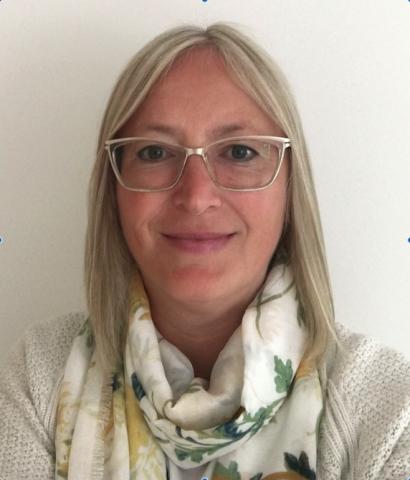
Meet your Librarian
I'm Catherine Worrall, your Academic Liaison Librarian. I'm here to help you with research, whether that's for your projects or your written assignments. Although research is exciting it can also feel tricky at times -so do get in touch or book an appointment for help. I look forward to hearing from you!
Email: catherine.worrall@fxplus.ac.uk
Teams: Catherine.Worrall
Explore your resources
Discover the key information resources for your subject.
Improve your search skills
Hints and tips to help you to find what you need.
Understand the brief – if you’re unsure, keep referring back to it.
Initial research - use quick reference tools such as Credo, lecture notes and your resource lists.
Keywords – use key terms and phrases to search – don't forget to use Boolean operators to combine terms.
Use a variety of resources – for exam-ple, you can use images and documen-taries for inspiration.
Create a research plan - use visual mind maps to organise your thoughts and make connections between your ideas.
Evaluate your research – is it current, relevant, accurate, authoritative?
Keep track of what you read – keep a list of your references or use referencing software.
Use online quick reference tools such as Credo, an encyclopedia, or check the library’s print collection of books on individual photographers at 779.092.
Try one of the image databases such as JSTOR or Bridgeman Education Library to begin your research.
For current photographers, try academic journals, magazines, and newspaper articles to find up-to-date information – and remember to use PressReader.
When searching, use quotation marks around the photographer’s full name.
Search individual journals, especially those likely to feature the work of the photographer.
Journal article searches will also retrieve more results, as they pick up more keywords from the abstract and not just the title or author of a book.
Look at what other photographers, critics, and galleries have written or said about the photographer.
Copyright is a positive tool, designed to protect your creative work, which also means that you must respect the work created by others.
Using image databases available through the library can help you find copyright cleared images for educational use.
It is important to keep a record of any photographs or images you use to inspire you or to illustrate a point in academic written work. Doing this protects the copyright holder and enables you and your tutor to locate the image.
Look at our copyright pages or speak to your librarian to get advice.
You can find valuable information for your subject on the open web – you may think that’s all you need. This content might be usefully up to date, focusing on current photographers, exhibitions, and techniques, but might lack a little depth.
The academic theories and ideas you explore through your degree can help you develop your use of this type of information
Making connections between contemporary examples and academic sources is important as it provides context and helps give meaning to your own ideas, photography, and research.
Try to think about the ‘story behind’ the current topic and expand your thinking outwards, investigating your subject from a variety of different angles.
Trends and statistics can provide useful background information on everything from products to countries, and on topics as diverse as gallery footfall to sustainability.
Statista has downloadable graphs, charts and infographics which you can export to your document.
Look out for the handy citation feature too (always check that it matches the special Falmouth Harvard style)
Search for reading recommended by your lecturer
Find your resource lists
Discover more support
Help and guidance from the Library and beyond!
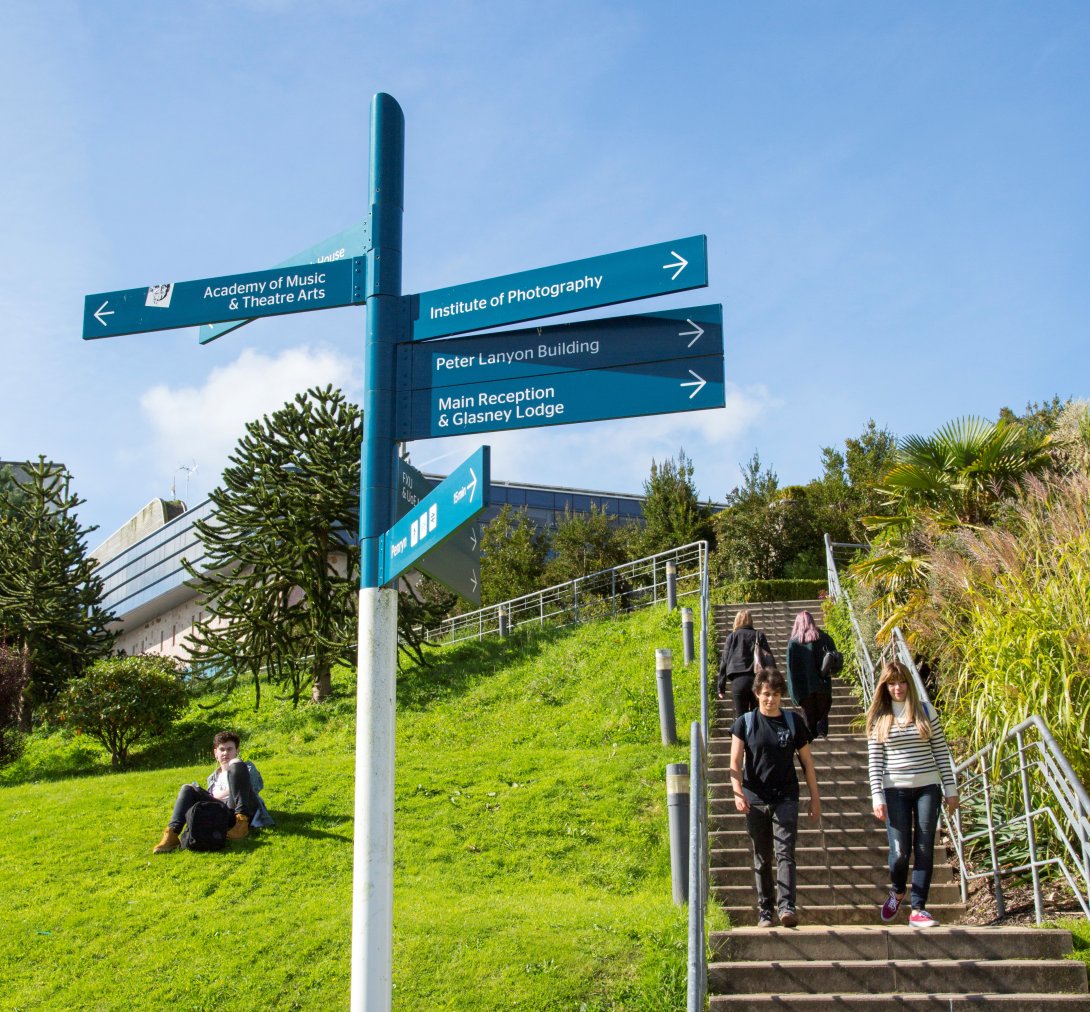
New to the University? Need help navigating your way?
Our New Students guide can help you to prepare for your studies and make the most of the library in your first term and beyond!
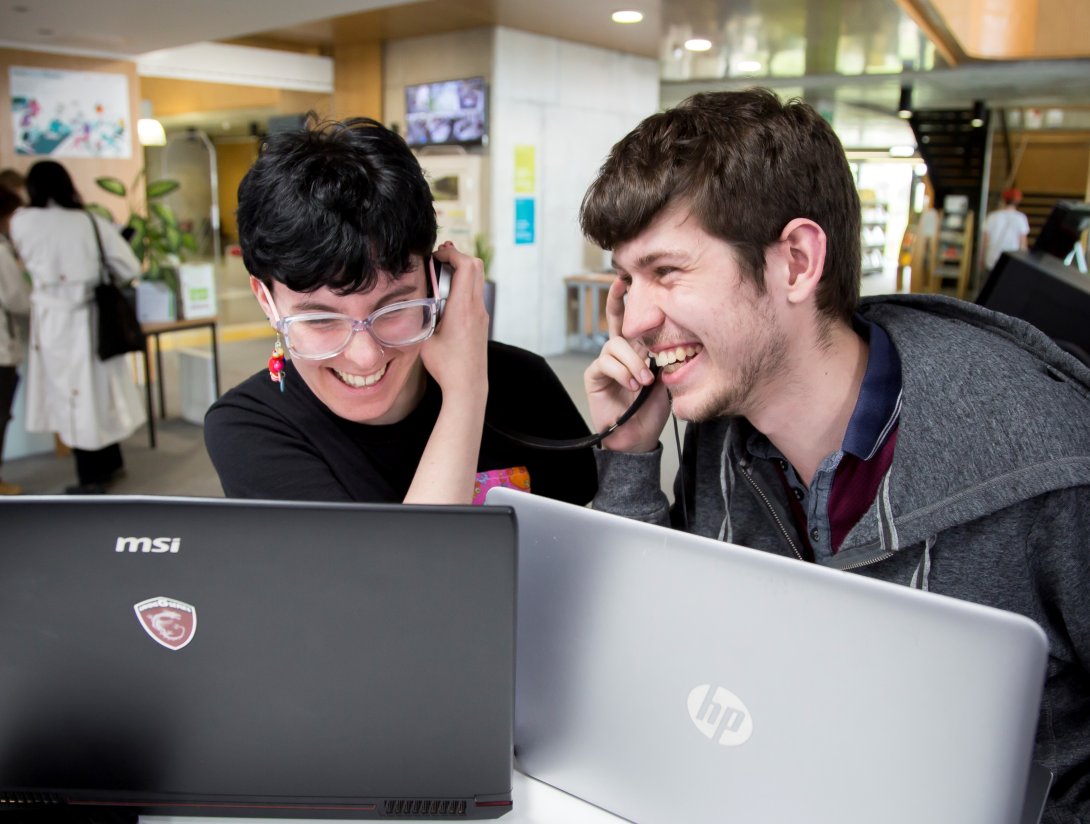
The Academic Skills Advisors
- run workshops on writing, referencing and other study skills
- provide study guides and learning resources
- offer individual advice through one-to-one appointments
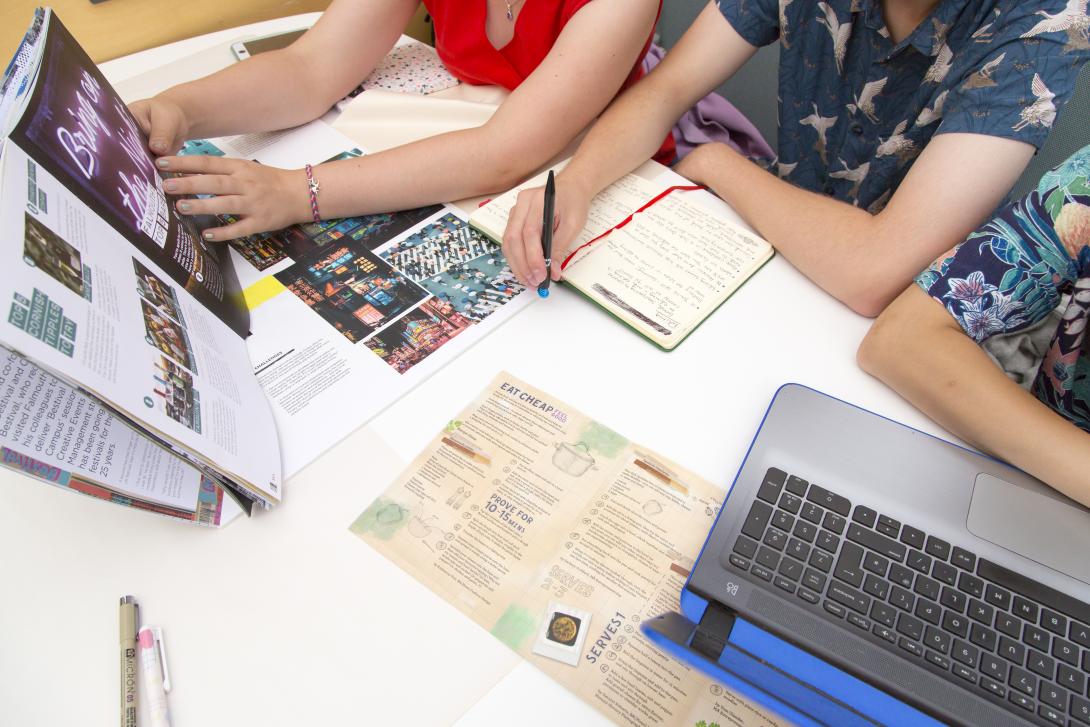
For all your study support needs!
Discover more about the support in place to help you to study at University, including online study guides, our What's On calendar and how to find individual support.

